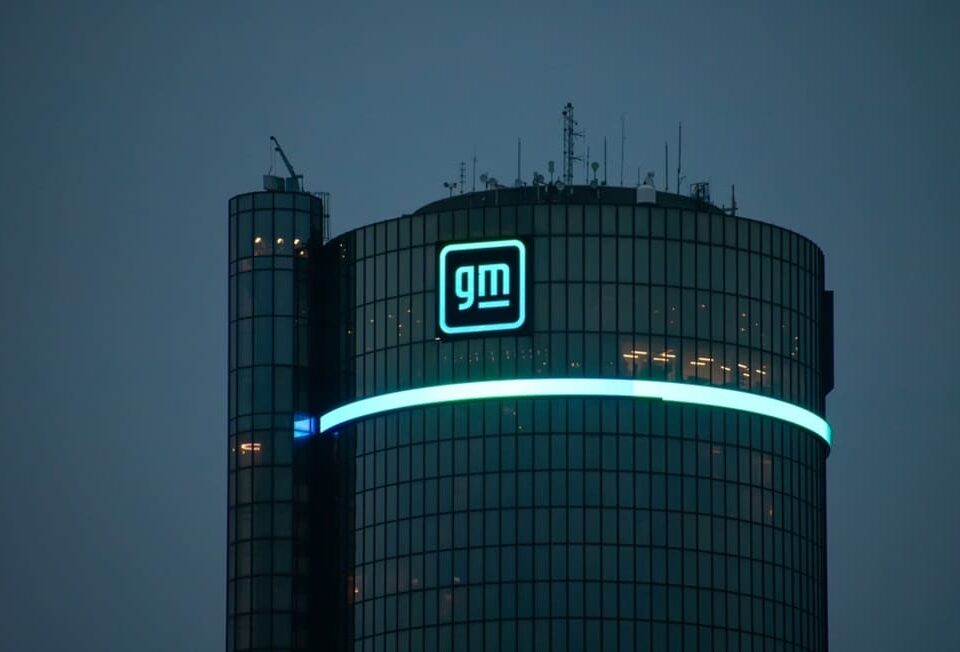- Have any questions?
- 888-432-8878
- steve@sebackground.com
As Gen Z storms the workforce with tech-savvy skills and bold ideals, companies are discovering a puzzling trend: young hires are leaving or being let go sooner than expected. Are workplace cultures failing to evolve, or is this generation rewriting the rules of employment? This feature dives deep into the disconnect between Gen Z’s ambitions and employer expectations, unraveling the challenges, misunderstandings, and opportunities shaping the future of work. Discover how both sides can bridge the gap and thrive in an era of rapid change.
The workplace is undergoing a seismic shift as Generation Z, born between 1997 and 2012, enters the job market in significant numbers. With their fresh perspectives, digital fluency, and bold ambitions, Gen Z has the potential to reshape industries. Yet, an unsettling trend is emerging: companies are terminating Gen Z employees shortly after hiring them. This raises a critical question—what is driving this phenomenon?

Image: Pexels
What is Happening to Gen Z Talent: The Rise of Gen Z in the Workforce
Gen Z’s entry into the workforce comes at a time of rapid technological advancements, global uncertainty, and shifting workplace norms. Unlike previous generations, Gen Z has grown up in an era defined by smartphones, social media, and instant access to information.
They are tech-savvy, value-driven, and unafraid to challenge traditional hierarchies. These traits make them attractive to employers looking to innovate and stay competitive. However, these same qualities may also contribute to the challenges they face in the workplace.
The Employer’s Perspective
From the employer’s standpoint, the decision to let go of Gen Z talent often stems from a mismatch of expectations. According to recent studies and anecdotal evidence, some of the key concerns include:
- Workplace Readiness: Many hiring managers report that Gen Z employees lack essential soft skills such as communication, teamwork, and adaptability. While they excel in technical abilities, their inexperience in navigating workplace dynamics can hinder their performance.
- High Turnover Rates: Gen Z workers are often perceived as job-hoppers. According to LinkedIn data, this generation is more likely to switch jobs within a year compared to their older counterparts. Employers may preemptively terminate contracts if they sense a lack of long-term commitment.
- Cultural Misalignment: Gen Z’s emphasis on values like diversity, inclusion, and mental health can clash with traditional corporate cultures. For example, younger employees may challenge established norms, leading to friction with management or colleagues.
- Remote Work Challenges: While Gen Z is comfortable with technology, they often struggle with the isolation and lack of structure that can come with remote or hybrid work setups. Employers may find that these workers are less productive or engaged in such environments.
The Gen Z Perspective
From Gen Z’s viewpoint, the workplace often fails to meet their expectations. Several factors contribute to their dissatisfaction:
- Rigid Work Environments: Gen Z values flexibility and autonomy. They are less likely to thrive in rigid, hierarchical structures where their input is undervalued. This can lead to disengagement and, eventually, termination.
- Mental Health Concerns: This generation is more vocal about mental health than any before it. High-pressure work environments, coupled with inadequate support systems, can exacerbate stress and burnout. Some Gen Z workers may leave or underperform due to these challenges.
- Misaligned Expectations: Many Gen Z employees enter the workforce with high expectations of rapid career growth, meaningful work, and competitive compensation. When reality falls short, they may become disillusioned, leading to performance issues or voluntary exits.
- Lack of Training and Mentorship: Gen Z thrives on continuous learning. However, many companies fail to provide adequate onboarding, training, or mentorship, leaving young workers ill-equipped to succeed.
The Role of Social Media in Gen Z’s Workplace Experience
Social media plays a unique role in shaping the Gen Z talent’s workplace experiences. Platforms like TikTok and Instagram expose young workers to curated versions of other people’s careers, fostering unrealistic expectations. Additionally, viral trends like “quiet quitting” or “bare minimum Mondays” influence workplace attitudes, sometimes clashing with employer expectations.
On the flip side, social media also amplifies Gen Z’s voices. They use these platforms to call out toxic work cultures, demand better conditions, and share experiences of being fired or mistreated. This transparency can tarnish a company’s reputation, making it harder to attract top talent.
Bridging the Gap Between Gen Z Talent and Employers
The disconnect between Gen Z’s perspective and that of employers is not insurmountable. By addressing the root causes of these challenges, companies can foster a more harmonious relationship with their youngest employees. Here are some strategies:
- Revamp Onboarding Processes: Comprehensive onboarding programs that focus on both technical and soft skills can set Gen Z employees up for success. Providing clear expectations and continuous feedback can help bridge the gap between employer and employee.
- Invest in Training and Development: Companies should prioritize ongoing training programs that cater to Gen Z’s desire for growth. Mentorship opportunities can also help young workers navigate workplace dynamics.
- Promote Flexibility: Offering flexible work arrangements, such as remote work options or flexible hours, can help retain Gen Z employees. Employers should also foster a culture of trust and autonomy.
- Prioritize Mental Health: Companies must create environments that support mental well-being. This includes offering mental health resources, promoting work-life balance, and normalizing conversations about stress and burnout.
- Align Values: Employers should demonstrate a commitment to diversity, inclusion, and sustainability. Authenticity is key—Gen Z can quickly spot performative efforts.
- Adapt Management Styles: Managers should embrace a more collaborative approach, valuing input from younger employees. Regular check-ins and open communication can help build trust and loyalty.
The Long-Term Implications
The relationship between Gen Z and the workplace will shape the future of work. Companies that fail to adapt risk alienating an entire generation of talent, while those that embrace change stand to benefit from Gen Z’s unique strengths.
For Gen Z, the key lies in balancing their aspirations with the realities of the workplace. Developing resilience, honing soft skills, and seeking mentorship can help them navigate the challenges of early career life.
Conclusion
The phenomenon of companies firing Gen Z workers soon after hiring them is a symptom of deeper issues in the modern workplace. By understanding the perspectives of both employers and employees, we can identify solutions that benefit everyone. After all, the future of work depends on bridging the gap between generations, fostering mutual respect, and creating environments where all employees can thrive.
The post The Gen Z Job Paradox: Why Fresh Talent Is Fading Fast appeared first on The HR Digest.
Source: New feed






